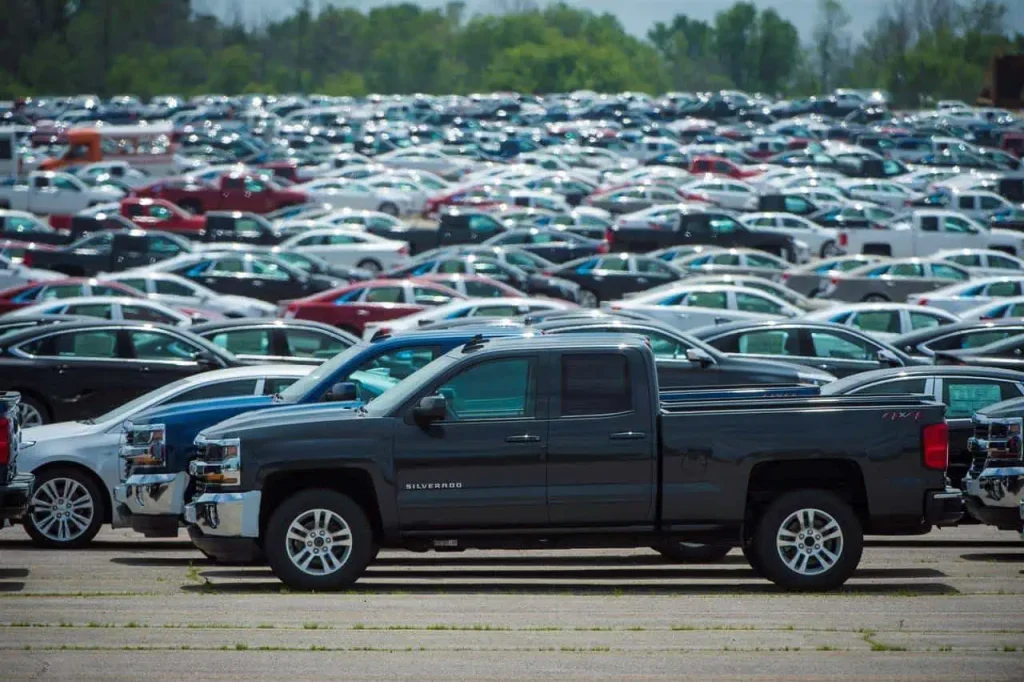The president of Unifor Local 222 says Canada could blunt the impact of U.S. tariffs—and revive automotive jobs in Oshawa—if Canadian-made vehicles were sold primarily in Canada. Jeff Gray, who represents workers at the General Motors plant in Oshawa, said the facility could easily return to three shifts if trucks rolling off its production line were destined for Canadian dealerships instead of being shipped south.
Gray expressed disappointment that the latest federal budget offered little direct help for the auto sector, which continues to be rattled by the escalating trade war triggered by U.S. President Donald Trump. While he acknowledged that the union was “satisfied” with Industry Minister Mélanie Joly’s decision to reduce the number of tariff-free American-made vehicles automakers can import into Canada, he said the measures still fall short of what workers need.
Ottawa had originally exempted Stellantis, GM, and other manufacturers from reciprocal tariffs earlier this year. But the new order, in effect immediately, sharply reduces the limits: tariff-free imports for Stellantis will be cut by 50 per cent, and GM’s allocation will drop by 24 per cent. The changes come after Stellantis shifted Jeep production from Brampton to the U.S. and GM shuttered its BrightDrop electric vehicle plant in Ingersoll.
Gray said the union had hoped for stronger actions aligned with Prime Minister Mark Carney’s “One Economy” principle—a commitment to ensuring Canada’s industrial strengths benefit Canadians first. Instead, 95 per cent of all trucks built in Oshawa continue to be shipped to American customers. “It would be nice to see some sort of ‘Buy Canadian’ program,” Gray said, adding that such a policy would give Canadians a reason to choose vehicles built in their own communities.
Unifor maintains that the trade war has created “real uncertainty” for workers and that the union is prepared to stand firm against policies coming from Washington. In a statement, the union said its members are determined to defend local jobs and hold both government and corporations accountable. “Workers didn’t create this crisis, and workers cannot be the ones who pay for it,” the release said, emphasizing that all stakeholders—including Ottawa, automakers, and labour—must work together to protect Canadian manufacturing.

